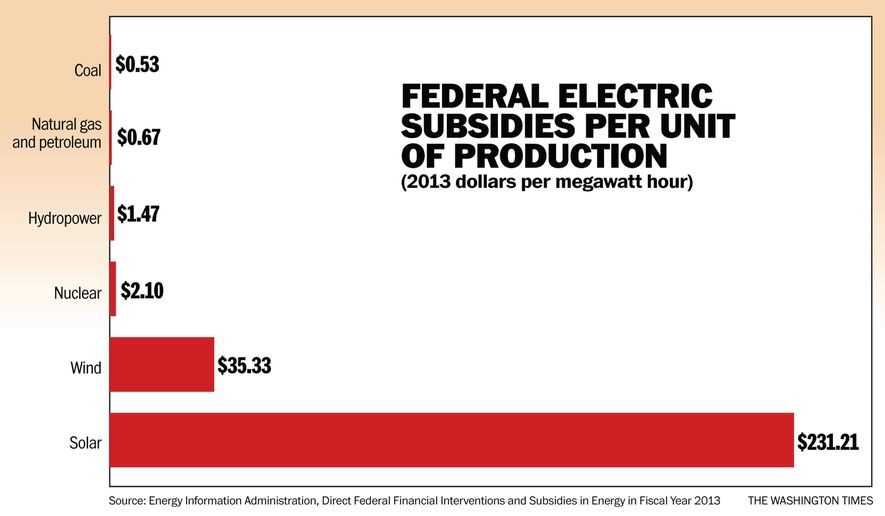Among other things that President Donald Trump did last Monday was sign an Executive Order preventing federal money from being provided to international NGOs that perform abortions or provide information about them and also preventing federal money from going to groups that lobby to legalize abortion or promote it as a family planning method. Here’s what House Minority Leader Nancy Pelosi had to say on the matter (David Smith, author of The Guardian piece at the link, who labeled Pelosi the Senate Minority Leader, might want to consult with Senator Chuck Schumer (D, NY). He might also want to consult with House Speaker Paul Ryan, about whom Smith offered speculation concerning why Ryan didn’t bring the TPP treaty up for a vote, another bit of ignorance later in his piece):
Now, foreign non-governmental organisations will be forced to give women incomplete medical information, advice and care in order to participate in US-supported programs abroad.
Of course, Pelosi knows better. NGOs are not forced to give “incomplete” information; they just don’t get to do it with American citizens’ tax dollars.
This, in addition to Schumer’s stated goal of being as obstructionist as he can in the Senate, is the level of Progressive-Democrat integrity to which we can look forward the next four years. It’s sad, indeed, that that Party has sunk to such a level.

